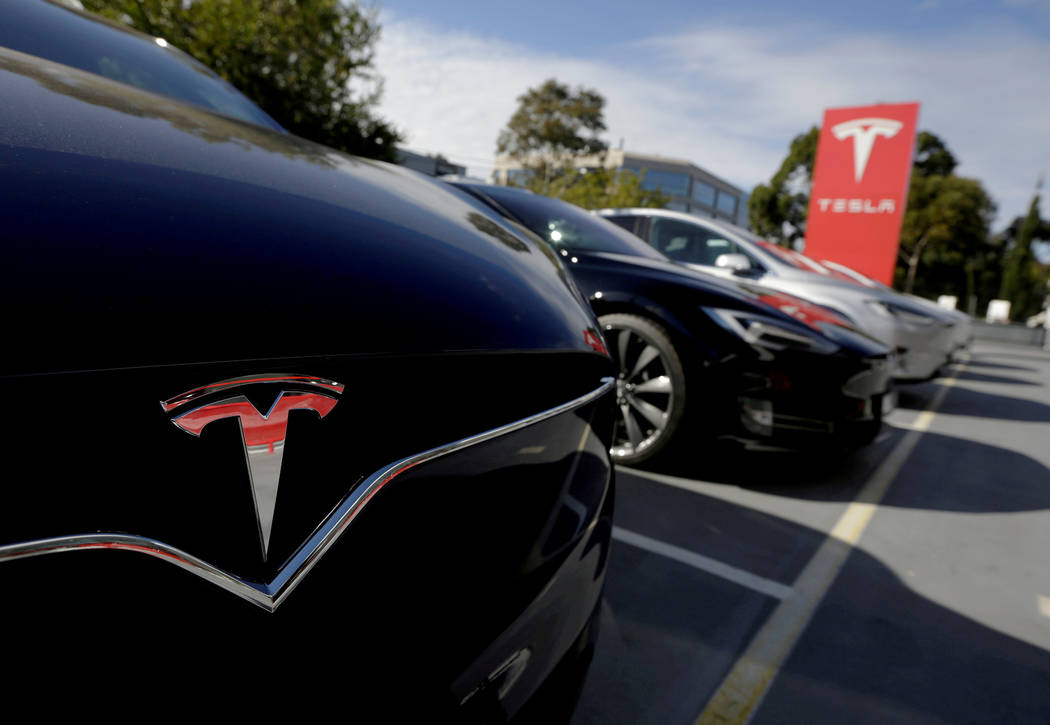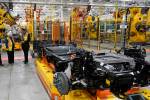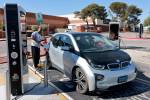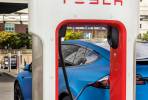EDITORIAL: How electric cars harm the environment
If you want to hurt the environment, buy an electric car.
That’s not a typo. It’s the counterintuitive conclusion of Jonathan Lesser, president of Continental Economics, writing recently in Politico. Mr. Lesser examined long-term forecasts from the U.S. Energy Information Administration on electric vehicles and then determined how much electricity those cars would use. He then compared the amount of “three key pollutants regulated under the U.S. Clean Air Act” produced by electric and gasoline-powered vehicles.
“Widespread adoption of electric vehicles nationwide will likely increase air pollution compared with new internal combustion vehicles,” found Mr. Lesser. “You read that right: More electric cars and trucks will mean more pollution.”
That’s because electricity doesn’t just magically appear thanks to the energy gnomes. It comes from the nation’s power grid, which overwhelmingly relies on natural gas, coal and nuclear energy. Gasoline is a well-known fossil fuel, but natural gas and coal are fossil fuels also. Nuclear power avoids emission concerns but faces its own set of legal challenges from environmentalists.
Put simply: Electric cars run on fossil fuels. Perhaps that will change as renewable energy becomes more efficient and affordable, but that moment is still decades away.
A major part of this equation is that new gasoline-powered cars are remarkably efficient. Mr. Lesser notes that a new vehicle today emits “only about 1 percent of the pollution” that a car did in the 1960s. That’s a vast technological improvement, and it raises the question of whether policymakers have kept up with the science. It doesn’t look like it.
Both Presidents George W. Bush and Barack Obama signed off on bills giving up to $7,500 in tax credits to those buying electric cars. Republicans retained that credit in their tax reform bill. Some states offer an additional rebate. In Colorado, it’s up to $5,000. Then there are the government-provided charging stations, which electric car owners can use at no cost to them.
These are little more than politically correct subsidies for well-off Americans. Mr. Lesser cites a survey which found that 56 percent of electric car buyers in 2017 had household incomes of more than $100,000. In comparison, just 25 percent of all Americans reach that household income level. While low-income Americans struggle to afford a car, government takes their money to subsidize the driving habits of the wealthy. That’s done to promote vehicles that are worse for the environment than new cars with internal combustion engines. Government inefficiency at its finest.
“Electric vehicle subsidies and mandates share an unfortunate, and all too common trait with other government policies,” Mr. Lesser writes. “They’re based on ‘conventional wisdom’ that turns out to be wrong.”
And that’s a wasteful way to set public policy.




























